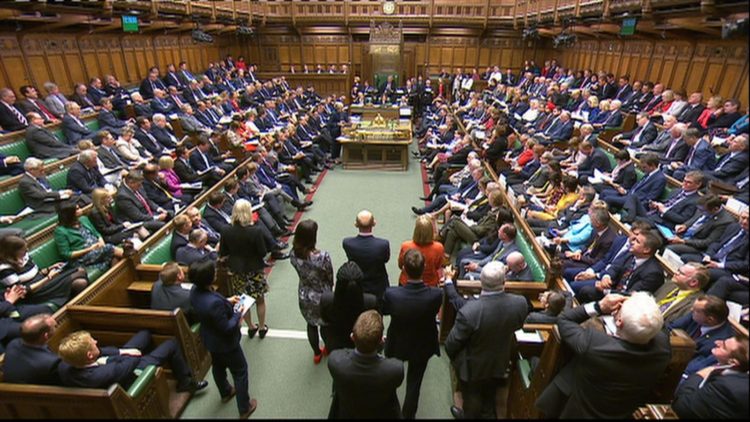By Victoria Mckeown-
Westminster has been urged to impose a ban on anonymous Twitter accounts in order to combat the scourge of cyber abuse and bullying.
Parliament heard the social media platform was “a real problem” and that ending the practice of allowing nameless users would open the way for vile online trolls to be prosecuted.
Abuse on twitter has been one of the biggest downsides of the giant social media platform, as faceless misfits mask behind the platform and use it to vent racist abuse against footballers, crossing legal boundaries by so doing.
Ministers have responded to the calls by stating that banning anonymous accounts was not straightforward, adding that the Government had “an open mind” on issues such as a digital ID scheme as part of new laws to regulate tech firms.
Duty Of Care
The Online Harms Bill, due to be introduced later this year, is expected to force platforms, such as Facebook and Google, to abide by a duty of care to users, overseen by Ofcom as the new regulator for the sector.
The call to crack down on anonymous users comes amid a continuing problem with online abuse, caused by the racist insults directed at footballers on social media. Social media like twitter has become a safe haven for unsavoury characters, who hold nothing back when venting their excess levels of hate.
Speaking at Westminster, Labour former Scottish first minister Lord McConnell of Glenscorrodale said: “This is not just a problem for famous people. If anything it is a much more serious problem for members of the public.”
The peer highlighted the example of mothers campaigning in Scotland last year to get schools reopened “being attacked by anonymous Cybernats”.
He said: “Twitter is a real problem here. There is a very simple solution and that would be for them or the Government to ban anonymous accounts on Twitter.
“That would stop the abuse. It would ensure that anybody who tries to be abusive or threatening can be prosecuted and it would be a simple measure for them given the scale of the operation now to introduce.
Digital, culture, media and sport minister Baroness Barran said: “Banning anonymous accounts is not as simple as he suggests. They provide important protection for a wide range of vulnerable people as well as journalists’ sources and others.
Independent crossbencher Viscount Colville of Culross said: “Facebook has already got a real names policy but users often provide fake ID.
“To enforce real name identity, a Government-backed ID scheme would have to be introduced.
“However, bearing in mind the current public suspicion of surrendering personal data to tech platforms, can the minister tell the house whether there are any plans for the Government to introduce such a digital ID policy for all users?”
Lady Barran said: “The Government has an open mind on all of these issues.
“He will be aware that the secretary of state has indicated he is minded to have pre-legislative scrutiny, which will give the chance for transparent and robust scrutiny of issues such as this.”




